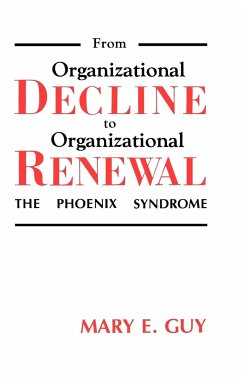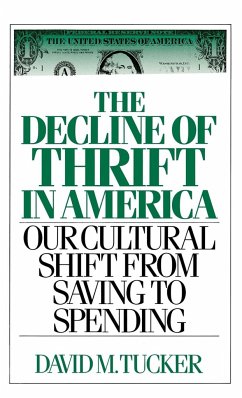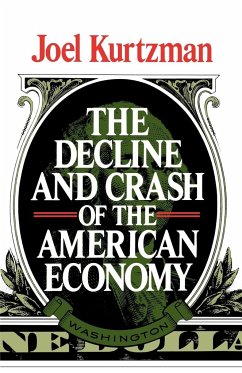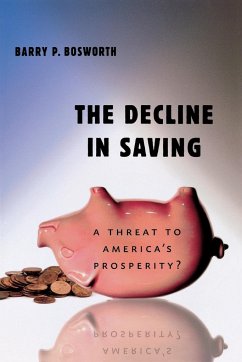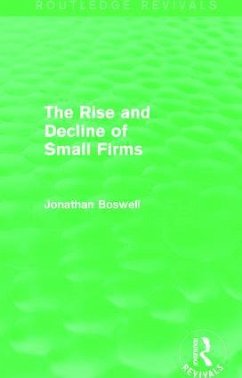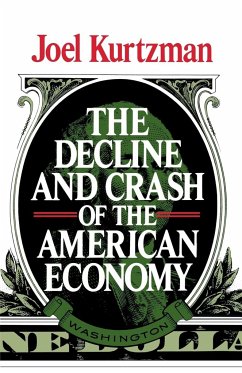
Economic Decline and Organizational Control
Versandkostenfrei!
Versandfertig in 1-2 Wochen
87,99 €
inkl. MwSt.

PAYBACK Punkte
44 °P sammeln!
Czarniawska-Joerges here presents the first systematic study of how organizational control processes and economic decline are related. As the author notes in her introduction, the typical organizational response to economic stress is a tightening of control--efforts to cut expenses, lay off employees, prescribe budgetary constraints, and more. But, she argues, such a reaction may not be the most beneficial in returning the organization to economic health. In developing a model for the behavior of organizations in economic decline, the author presents several detailed explanatory case studies r...
Czarniawska-Joerges here presents the first systematic study of how organizational control processes and economic decline are related. As the author notes in her introduction, the typical organizational response to economic stress is a tightening of control--efforts to cut expenses, lay off employees, prescribe budgetary constraints, and more. But, she argues, such a reaction may not be the most beneficial in returning the organization to economic health. In developing a model for the behavior of organizations in economic decline, the author presents several detailed explanatory case studies representing different types of organizations and different reactions to their respective problems. Students of organizational behavior will find here important new insights into the dynamics of organizational control in the face of economic decline. The author begins by proposing a model for control cycle responses to decline. The bulk of the volume is devoted to a sustained evaluation of the model through the use of the four case studies. The first examines the Polish economy between 1971-81 as a centrally planned and rigidly structured economic organization reacting in an authoritative way to economic threats. Subsequent chapters analyze a multinational chemical corporation attempting an extreme degree of corporate control, the Swedish National Board of Education's attempt to restructure dramatically, and an American electronics firm which effectively loosened control at a critical juncture. The final chapter offers a synthesis of the preceding material and draws conclusions regarding the most effective ways in which organizations can respond to externally induced or internally generated economic stress.





